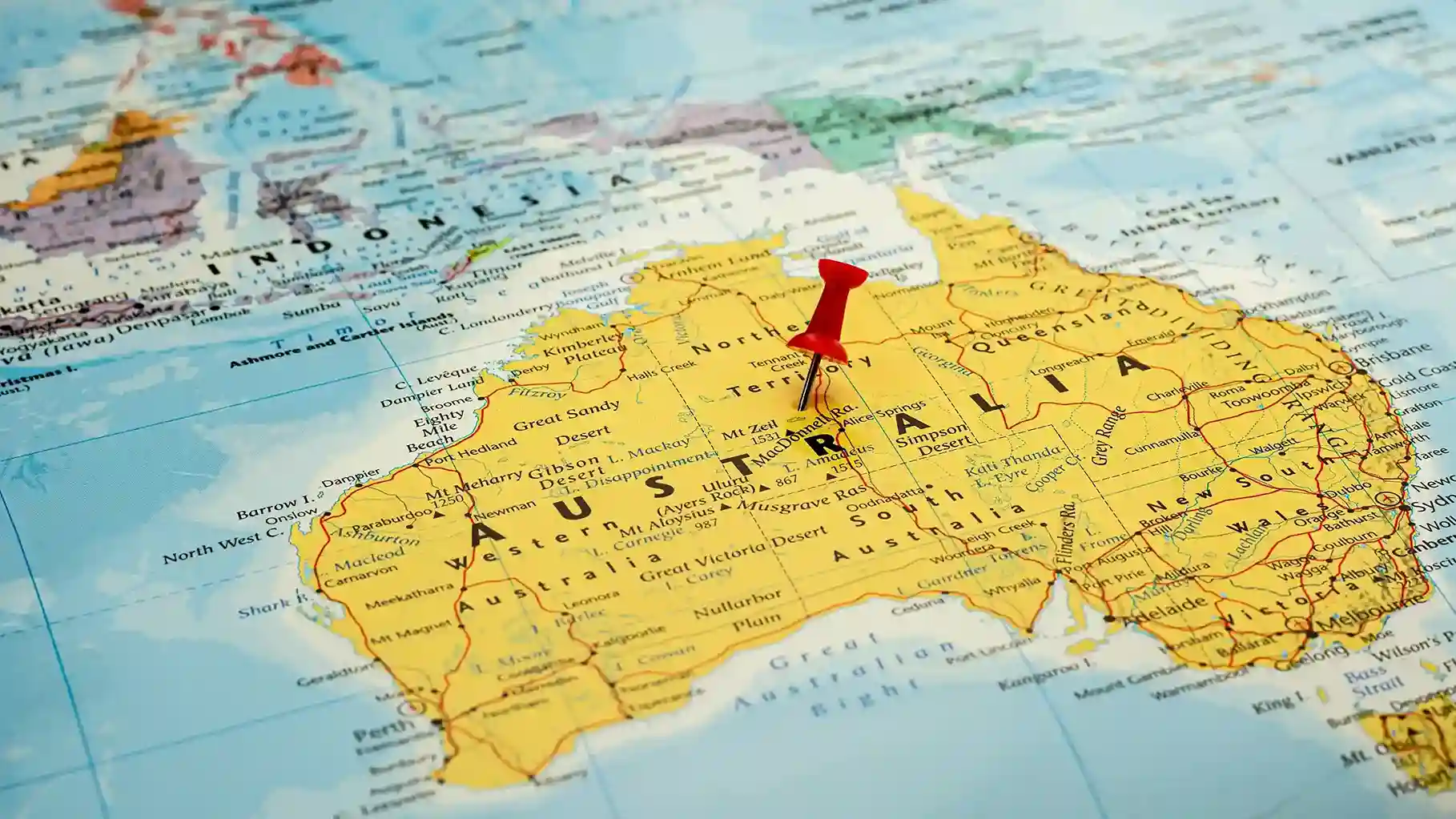We live in a fast-paced, data-driven world, and companies across industries require skilled professionals to analyse the mountains of data available to transform it into actionable insights. Specialised courses, such as a postgraduate degree in Business Analytics, can empower you to gain expertise in data visualisation, statistical modelling, and machine learning. Let’s explore what you need to know before deciding on your postgraduate course.
Key highlights:- Benefits of pursuing a Master’s in Business Analytics
- What is a Master of Science in Business Analytics?
- Top universities to pursue Business Analytics master’s programmes
- Eligibility criteria for Indians pursuing a master’s degree in Business Analytics abroad
Benefits of pursuing a Master’s in Business Analytics
Growing demand for professionals
In today’s data-centric world, business analytics professionals are in high demand. Graduates become valuable assets to companies across various industries.
Versatile career paths
Whether you aim to work as a Data Analyst, Data Scientist, or Analytics Manager, the degree opens doors across sectors like Healthcare, Finance, and Technology, allowing you to follow your passion and find the perfect fit.
Future-proofing your career
Most Business Analytics courses focus on cutting-edge technologies and methodologies, helping you stay relevant in a dynamic job market.

Also Read: MBA in Business Analytics: Universities, Courses, Eligibility and Career Avenues
What is a Master of Science in Business Analytics?
A Master of Science in Business Analytics (MSBA) is a postgraduate degree that combines concepts from data science, business intelligence, computer science, statistics, and information theory. It equips students with the skills and knowledge to analyse data and drive strategic business decisions.
What is Business Analytics?
Business Analytics refers to the practice of using data, statistical analysis, and predictive modelling to gain insights from available data and make informed business decisions. Professionals use four techniques in Business Analytics - Descriptive Analysis, Diagnostic Analysis, Predictive Analysis, and Prescriptive Analysis.
Course duration
An MSBA course can be as short as 10 months. However, some institutes have programmes that take more than 2 years. Many universities offer flexible hybrid or online courses for working professionals.
Subjects covered
Most MSBA courses include a combinataon of core and elective courses.
Subjects typically include:
- Data Analysis and Visualisation
- Predictive Modelling
- Machine Learning for Business
- Business Intelligence Tools
- Economic Forecasting
- Ethics in Data Analytics
- Marketing Analytics
- Financial Analytics
- Operations Analytics
- Healthcare Analytics
- Supply Chain Analytics
Who is it best suited for?
The MSBA works best for students who aspire to work in domains such as Business, Computer Science, Finance, and Mathematics. Individuals with strong quantitative and problem-solving skills will be able to excel at the course.
Also Read: Data Science Vs Business Analytics: Key Differences Students Must Know
Some popular universities to pursue Business Analytics master’s programmes
- Massachusetts Institute of Technology Sloan School of Management
- University of California, Los Angeles (Anderson)
- ESSEC Business School
- HEC Paris
- London Business School
- Columbia Business School
- Duke’s Fuqua School of Business
- ESCP Business School
- IE Business School
Also Read: MS in Business Analytics in the USA: A Detailed Guide
Eligibility criteria for Indians pursuing a master’s degree in Business Analytics abroad
Young professionals looking to upgrade their skills and future-proof their careers should meet the following eligibility criteria.
Academic qualifications
Ideally, you should have a bachelor’s degree in fields like Business, Computer Science, Engineering, Statistics, Economics or Mathematics from a recognised university. The university you apply to may stipulate a minimum grade or percentage requirement as well.
Work experience
Although not always mandatory, it’s a good idea to have 2-3 years of work experience when applying for an MSBA.
Standardised test
Most universities overseas will ask for (Graduate Record Examinations) GRE or Graduate Management Admission Test (GMAT) test scores to evaluate your application. Please check the university’s course requirements and apply for courses accordingly.
English proficiency test
You must complete the Test of English as a Foreign Language (TOEFL), International English Language Testing System (IELTS), or other recognised English proficiency exams for courses taught in English.
Additional documents
Your application will require documents like a Statement of Purpose, Letters of Recommendation, academic transcripts, and a resume or CV to be considered complete.
Students hoping to pursue an MSBA in India or abroad may rely on education loans to finance their academic aspirations. At Avanse Financial Services, we offer education loans in India to students who want to enhance their prospects by pursuing career-oriented courses like Business Analytics. If you have any questions related to the education loan rate of interest, application, and documentation process, please get in touch with us. We will be glad to partner with you on your academic journey.











